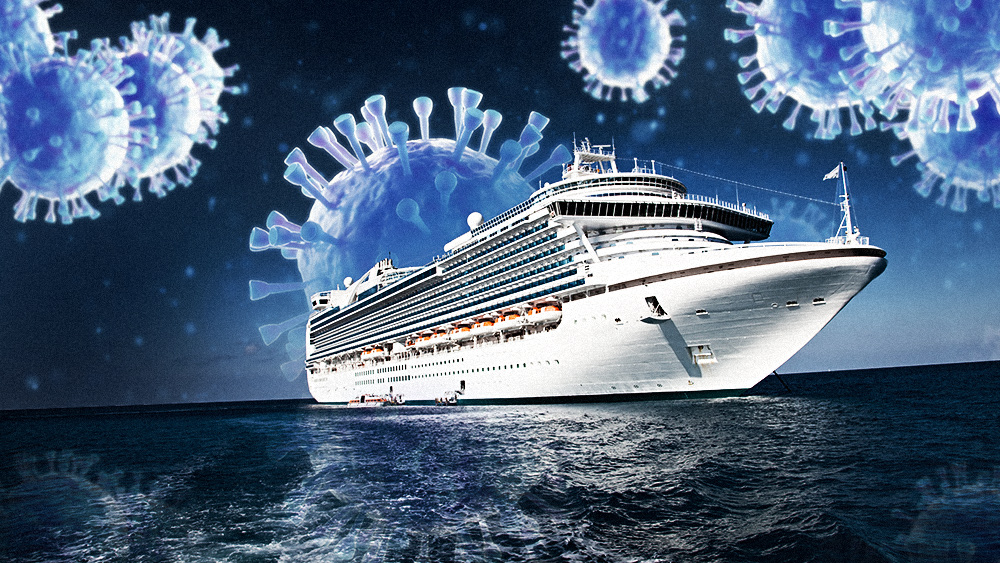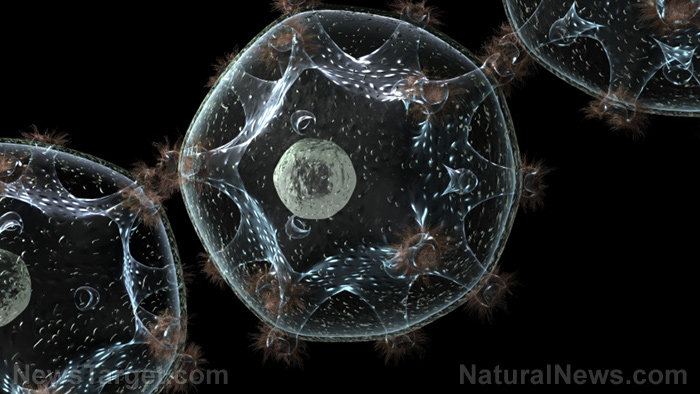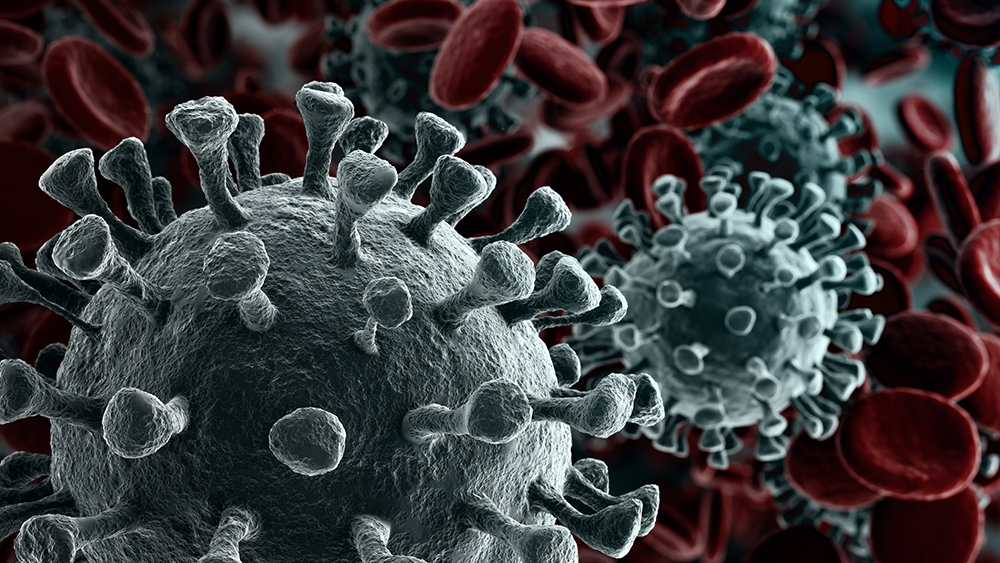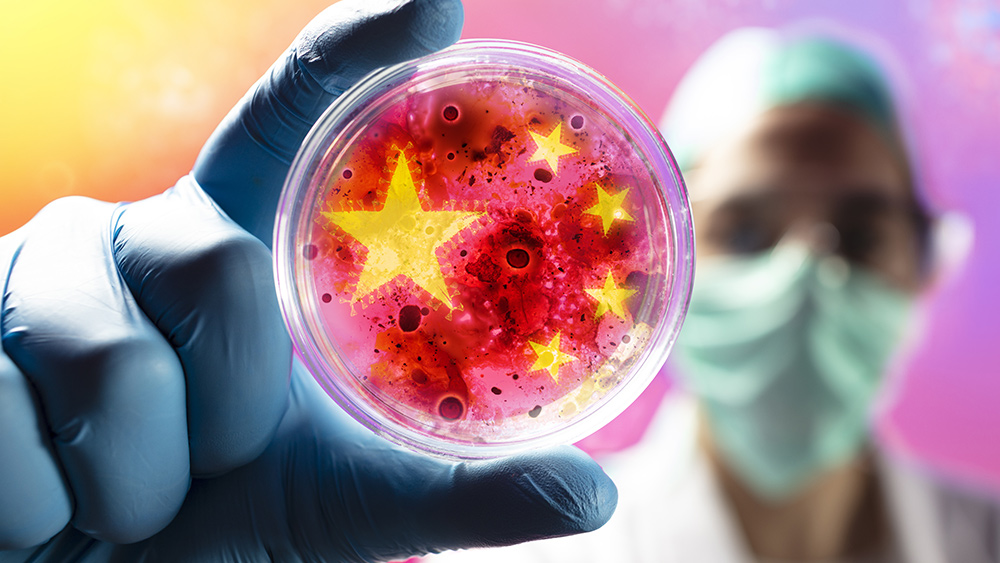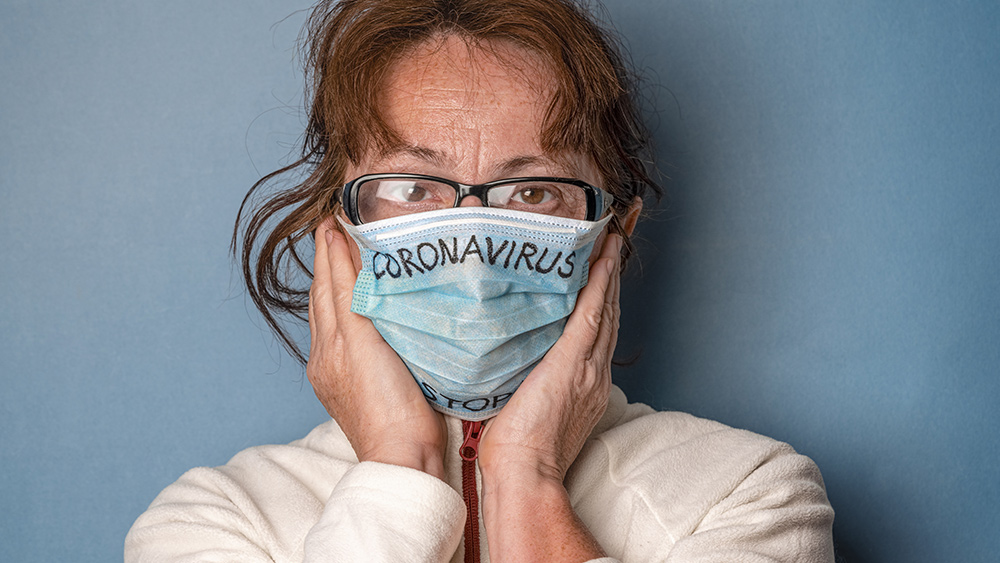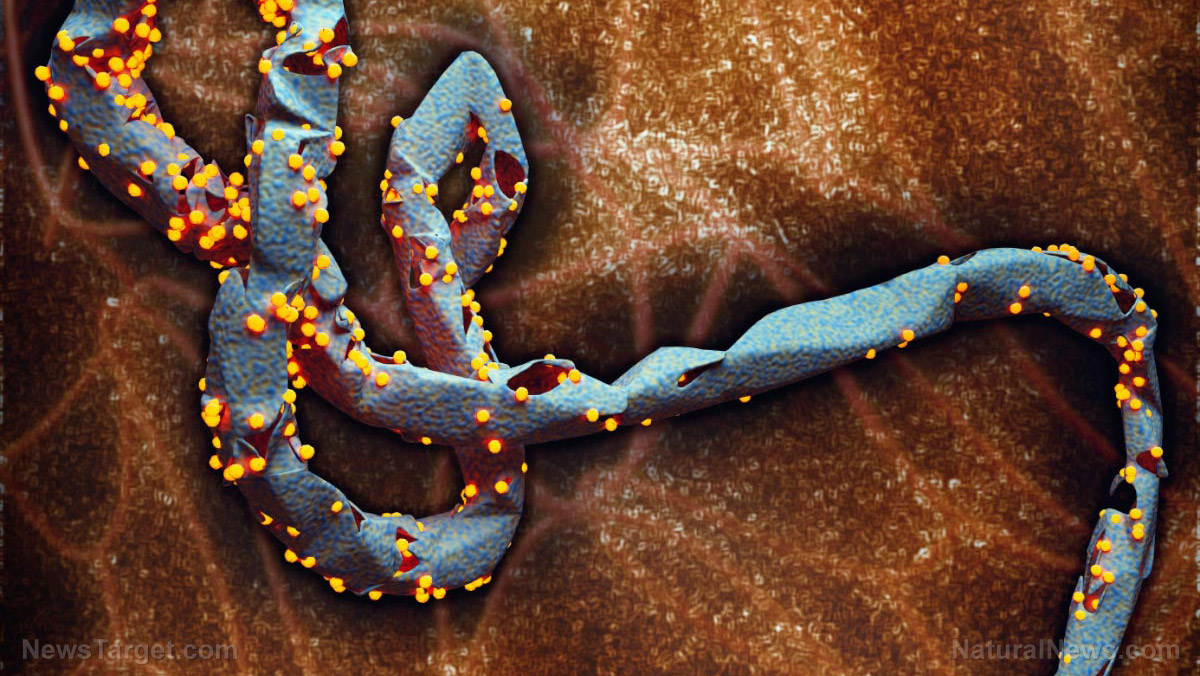Animal trials find zero-calorie sweeteners during pregnancy wreck gut health and cause liver toxicity
02/11/2020 / By Tracey Watson

In a bid to have the healthiest pregnancy possible, thereby providing a growing baby with the optimal conditions for good health, many moms-to-be make drastic lifestyle changes, including cutting out caffeine and certain types of cheeses, eating the healthiest possible foods, and exercising regularly.
One of the most common changes expecting mothers make is to cut out sugar. While eliminating this type of sweetener has proven health benefits, many of these women replace sugar with non-nutritive zero-calorie sweeteners, and these are anything but healthy.
The American Pregnancy Association states that stevia, aspartame (Equal or Nutrasweet), acesulfame-K (Sunett) and sucralose (Splenda) are safe for use during pregnancy, as long as they are consumed in moderation. However, a recent animal study published in the journal Frontiers in Microbiology, found that exposure to the zero-calorie sweeteners sucralose and acesulfame-K during pregnancy or via breastmilk altered the intestinal flora of mice and resulted in liver toxicity.
The researchers believe that these findings need to be examined urgently in human trials. (Related: Women who consume diet drinks with artificial sweeteners reduce their chances of conceiving.)
Sweeteners are everywhere, and in just about everything
As reported by Integrative Practitioner, zero-calorie sweeteners are used in everything from sodas and sports drinks to mouthwash, toothpaste and medications. This makes it incredibly difficult to track just how much of these products a pregnant woman may be consuming.
For this reason, the research team set out to determine whether acceptable daily intake (ADI) levels of consumption are safe during pregnancy, as well as what the effects of such consumption might be.
Integrative Practitioner reported:
[The researchers] fed mouse moms one of three sweetener solutions throughout pregnancy and lactation and analyzed the effects on their pre-weaned pups. The solutions contained a mixture of sucralose and acesulfame-K at the acceptable daily intake (ADI), double the ADI, or a control (water). The ADI is the maximum consumption deemed safe in humans based on toxicology studies.
Analysis of blood, feces, and urine from a total of 226 mice pups found that both sweeteners are transmitted prenatally and affect the metabolism and microbiome of the offspring.
Even though the mice pups were exposed to very low levels of the different sweeteners, those in both the ADI and double ADI groups underwent significant metabolic changes:
Specifically, these changes indicated impaired liver functioning in clearing toxins from the blood, and a dramatic shift in bacterial metabolites in the gut. In both sweetener groups, the researchers observed the loss of a major beneficial species of gut bacteria, Akkermansia muciniphila. Similar microbiome alterations in humans have been linked to type 2 diabetes and obesity, researchers said. (Related: Sugar is dumbing down young children, new study warns; pregnant women told to watch their diet.)
While the worst effects of sweetener consumption were experienced by the mice pups in the double ADI group, they all underwent drastic microbiome changes.
“The perinatal period is a critical developmental stage for the microbiome and emerging detoxification systems in the rodent and human neonate alike, and our study defines potentially adverse consequences of early exposure to sweeteners,” noted Dr. John Hanover, a glycobiologist and one of the study’s senior authors. “Therefore, based on our findings, zero-calorie sweeteners warrant further investigation in humans in this critical developmental window.”
While the researchers have yet to establish whether these findings will be replicated in human trials, it is advisable that moms-to-be avoid zero-calorie sweeteners completely. They’re not good for the health of either mom or baby, and after all, having a healthy baby makes all the sacrifices worth it, right?
Learn more about the risks of consuming non-nutritive sweeteners at Nutrients.news.
Sources for this article include:
Tagged Under: food science, groceries, gut health, ingredients, liver damage, liver toxicity, non-nutritive sweeteners, Nursing, pregnancy, sweeteners, toxins, zero-calorie sweeteners


